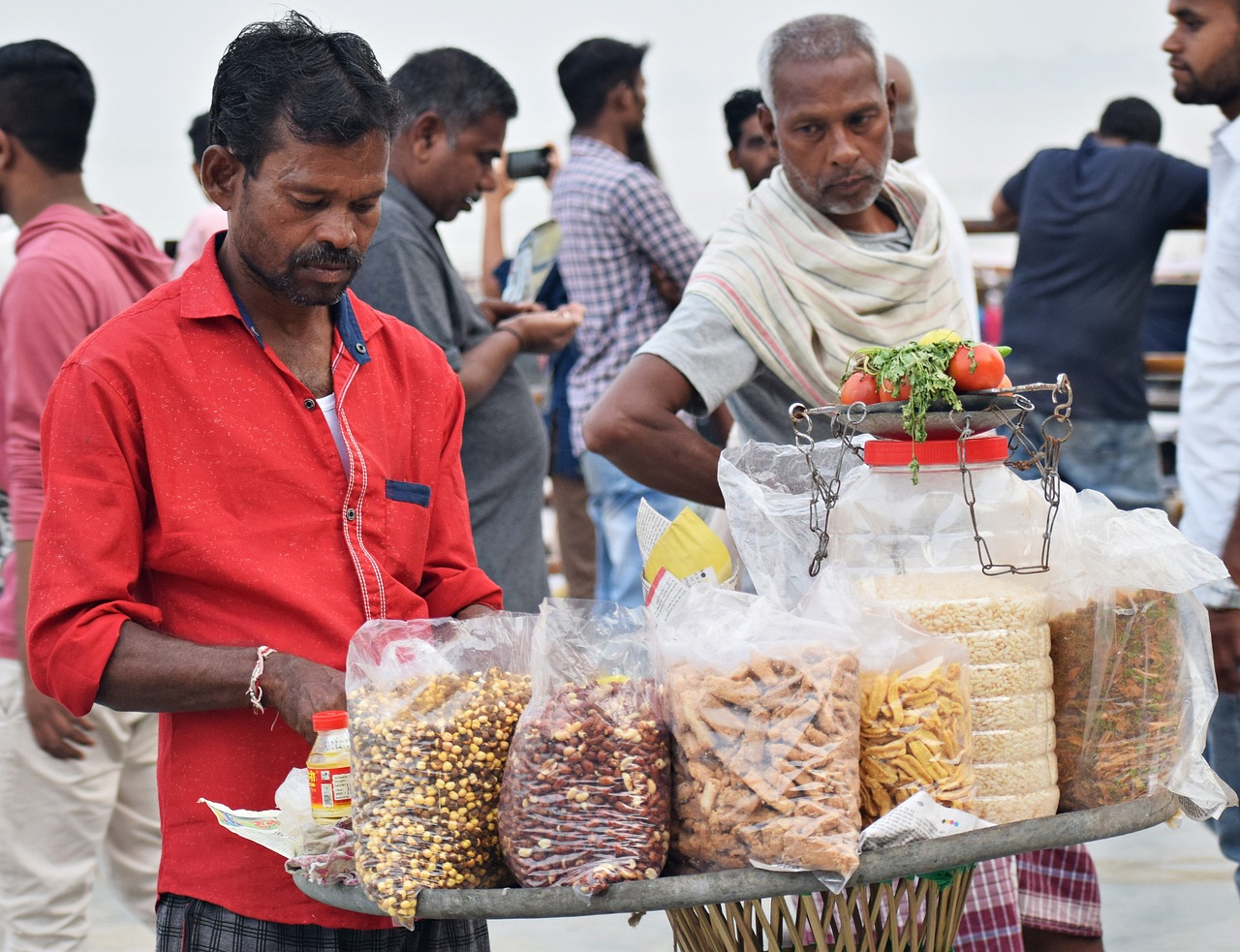Exploring the Influence of Foreign Interference in Domestic Elections
Throughout history, foreign interference in domestic elections has been a common tactic utilized by various nations seeking to sway the outcome in their favor. One of the earliest documented instances of such interference dates back to ancient Rome, where foreign powers attempted to influence the selection of consuls and other political positions through bribery and other clandestine methods. This trend continued through the centuries, with examples of foreign powers attempting to manipulate elections found in records from the medieval period up to the modern era.
In more recent times, the rise of new technologies and interconnected global systems has enabled foreign actors to interfere in elections on a scale never seen before. The advent of social media platforms and the internet have made it easier for foreign governments, organizations, and individuals to disseminate propaganda, spread disinformation, and conduct cyberattacks in an effort to manipulate the electoral process in target countries. The rapid evolution of these tactics continues to present new challenges in defending against foreign interference and upholding the integrity of domestic elections.
Types of Foreign Actors Involved in Election Interference
One of the most common types of foreign actors involved in election interference are state-sponsored entities. These are often linked to governments seeking to influence the outcome of another country’s election for political or strategic reasons. State-sponsored actors may use a variety of tactics, such as spreading disinformation, hacking political parties or candidates’ systems, or launching cyberattacks to disrupt the electoral process.
Another category of foreign actors involved in election interference includes non-state actors, such as independent hackers or groups with their own agendas. These actors may not have direct ties to governments but still have the capability to interfere in elections through cyber means. Non-state actors may aim to sow discord, create confusion, or advance their own interests by manipulating information or conducting cyber operations during election periods.
What is the history of foreign interference in domestic elections?
Foreign interference in domestic elections dates back centuries, with countries attempting to influence the outcomes of elections in other nations for various reasons.
What are the types of foreign actors involved in election interference?
Foreign actors involved in election interference can include state-sponsored groups, cybercriminals, foreign governments, and even non-state actors such as hacktivist groups.
How do state-sponsored groups typically interfere in elections?
State-sponsored groups may use tactics such as spreading disinformation, hacking into election systems, conducting cyber attacks, or funding political campaigns to influence election outcomes.
What role do cybercriminals play in election interference?
Cybercriminals may target election infrastructure, steal sensitive information, or launch cyber attacks to disrupt the electoral process and undermine trust in the results.
Can foreign governments directly intervene in domestic elections?
Yes, foreign governments can directly intervene in domestic elections by funding political campaigns, spreading propaganda, or engaging in covert operations to influence the outcome in their favor.
How can non-state actors like hacktivist groups impact election interference?
Non-state actors like hacktivist groups may engage in cyber attacks, spread disinformation, or conduct sabotage to disrupt the electoral process and sow chaos among the public.





